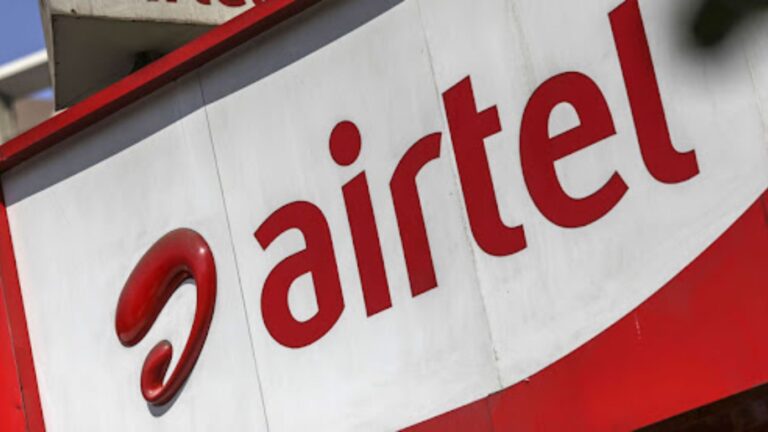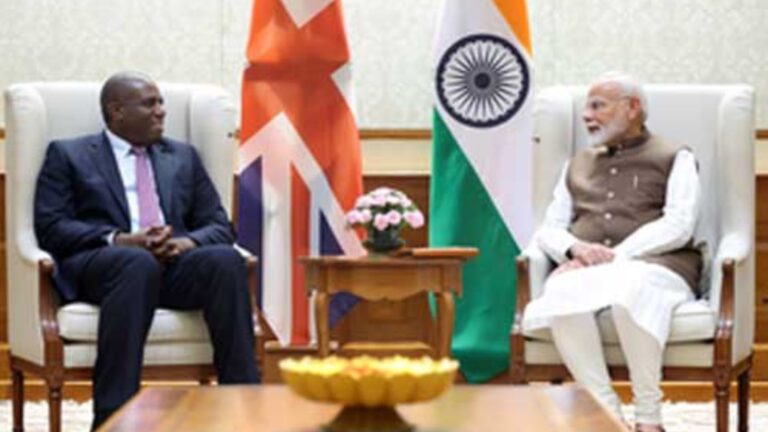
Flipkart, India’s largest home-grown e-commerce platform, has announced its decision to shift its holding company from Singapore to India, marking a major strategic move aimed at aligning with the country’s evolving economic and digital landscape.
In an official statement, a Flipkart spokesperson said, “This strategic decision reflects our deep and unwavering commitment to India and its remarkable growth. We are inspired by the Government of India’s strong vision and proactive initiatives in fostering a thriving business environment and ease of doing business, which have significantly shaped our journey.”
Founded in 2007 by IIT alumni Sachin Bansal and Binny Bansal, Flipkart began its journey as an online bookstore and quickly expanded into a wide range of categories, becoming a key player in India’s e-commerce space. In 2018, American retail giant Walmart acquired a majority stake in Flipkart for USD 16 billion, valuing the company at approximately USD 20 billion at the time.
As part of this new development, Flipkart emphasized that the relocation of its holding company is a “natural evolution” and aligns with its operations, which are primarily based in India. The move is expected to bring the company’s corporate structure closer to its market and customers, enhancing its ability to innovate and respond swiftly to the needs of Indian consumers.
“The transition will further strengthen our focus and agility in serving our customers, sellers, partners, and communities, while continuing to contribute to the nation’s growing digital economy and entrepreneurial ecosystem,” the company said in its statement. It added that the relocation is subject to necessary regulatory approvals.
Flipkart currently operates with over 100 million registered users, supports more than 100,000 sellers, and manages over 21 technologically advanced warehouses across the country. The platform garners more than 10 million page visits daily and processes around 8 million shipments each month.
The company has also diversified through several subsidiaries, including fashion platform Myntra, logistics arm Ekart, and service-oriented ventures like Jeeves and eBay India. Recently, Flipkart ventured into the hyperlocal delivery space with the launch of Flipkart Quick, offering 90-minute deliveries for categories such as groceries, electronics, mobile phones, and home essentials. This includes perishable goods like fruits, vegetables, dairy, and meat.
As India’s online retail sector—currently valued at around USD 60 billion—is projected to soar to USD 200 billion by 2026, Flipkart’s move to consolidate its base in India is being seen as a significant vote of confidence in the country’s economic trajectory and digital transformation.
With Walmart’s continued backing, Flipkart is expected to deepen its presence and further accelerate innovation in India’s vibrant e-commerce landscape.





